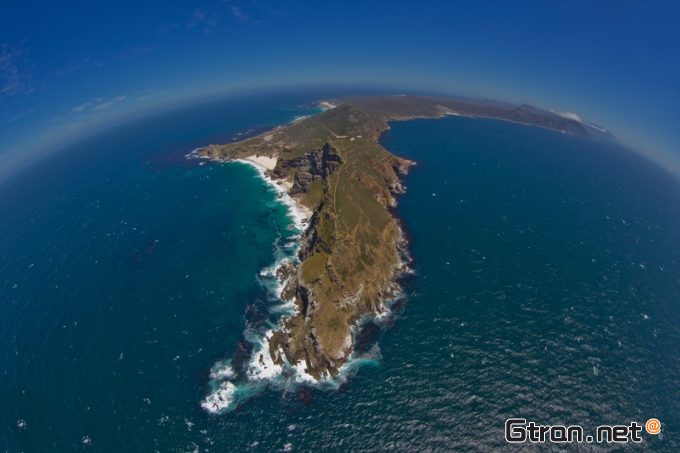The upcoming network adjustments by major container shipping lines are likely to result in the continued use of the Cape of Good Hope route until at least the second half of 2025.

Lars Jensen, CEO and partner at Vespucci Maritime, stated that resuming services through the Suez Canal would require additional network changes. He questioned whether carriers would be willing to make these adjustments before August, at the earliest.
"Shipping lines are planning to implement their new networks throughout February and March, which will lead to inconsistent reliability during this period," he explained.
"However, if they decide to return to the Red Sea route, they will need to change their networks again. I do not see them being willing to do this in April or May after having already made changes in February."
Mr. Jensen speculated that even if the Red Sea crisis is resolved, the diversion of ships around the Cape of Good Hope would likely persist for an additional six months.
He cited Maersk's early response to attacks on commercial shipping by the Iran-backed Yemen-based Houthi militia as an example, noting that carriers have learned from the "extreme disruption" caused by the Danish carrier's decision to avoid the Red Sea.
"If you make a decision too early and have to reverse it, it becomes extremely disruptive, so there is little incentive for carriers to use the Suez Canal just yet," he added.
Moreover, Mr. Jensen observed that shippers are also hesitant to "jump the gun," preferring the stability of longer transit times over potential disruptions. He noted that the response to CMA CGM's planned new Suez service reflects this mindset.
"CMA CGM has been offering an Asia-Mediterranean service through the canal, with naval escorts, and announced a new service to the US," he said. "However, customers have been reluctant, telling the carrier they do not want their goods to pass through the Red Sea."
"For shippers, the concern is not that the Africa route takes longer, nor the risk of losing cargo if a ship is attacked. The real concern is general average (GA)," he explained.
Mr. Jensen further explained that if a ship is attacked by the Houthis, it could catch fire and leak fuel into the sea, leading to "an expensive clean-up" and a likely declaration of GA.
While shipper insurance would normally cover this, given the known threat in the Red Sea, Mr. Jensen said, "insurance would not cover GA in a risky area," even with the naval protection provided by CMA CGM.
However, Mr. Jensen added, "When it becomes clear that there is no more risk, competitive pressures will prompt one carrier to start using the Suez Canal again, and then others will follow suit, as it will be quicker and cheaper for shippers."


